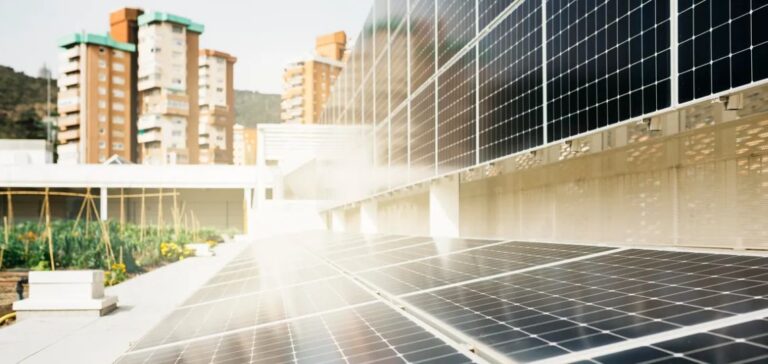The U.S. Environmental Protection Agency(EPA) will roll out its Solar for All program, introduced by the Inflation Reduction Act of 2022. This program aims to add more than 4 gigawatts of solar capacity over the next five years, reducing greenhouse gas emissions by 30 million metric tons.
A competitive approach
Through a competitive process, sixty winners were selected to carry out these initiatives. These grantees, including 49 state-level agencies, six Native American tribes or tribal consortia and five multi-state applicants, have all pledged to reduce the utility bills of beneficiary households by at least 20%.
Extended benefits for households
The program will benefit some 900,000 households, generating over $350 million in annual savings. By expanding new residential solar programs to at least 25 states that previously lacked substantial low-income solar programs, the EPA is maximizing the impact of every dollar invested.
Strengthening energy storage infrastructures
In addition to photovoltaic deployment, Solar for All enables eligible projects to include energy storage solutions. Several states, as well as Washington DC; Puerto Rico; and the US Virgin Islands, plan to accelerate residential storage deployment, affirming the importance of energy resilience in implementation strategies.
Adam Kent, Director of Blended and Inclusive Financing for the Natural Resources Defense Council, stresses the importance of maximizing the Inflation Reduction Act’s complementary programs for successful implementation. These programs include elective direct payment options for tax-exempt and government entities, enabling them to take full advantage of the law’s clean energy tax credits.






















